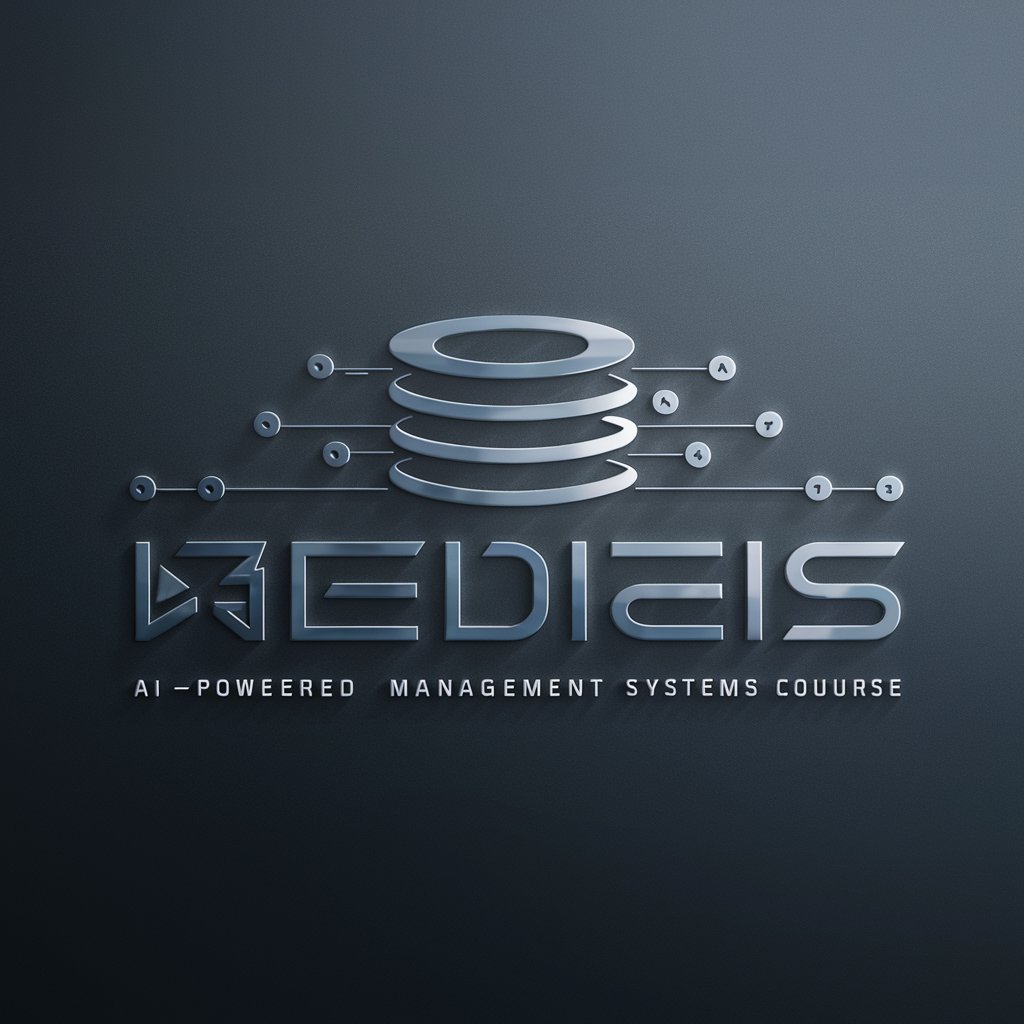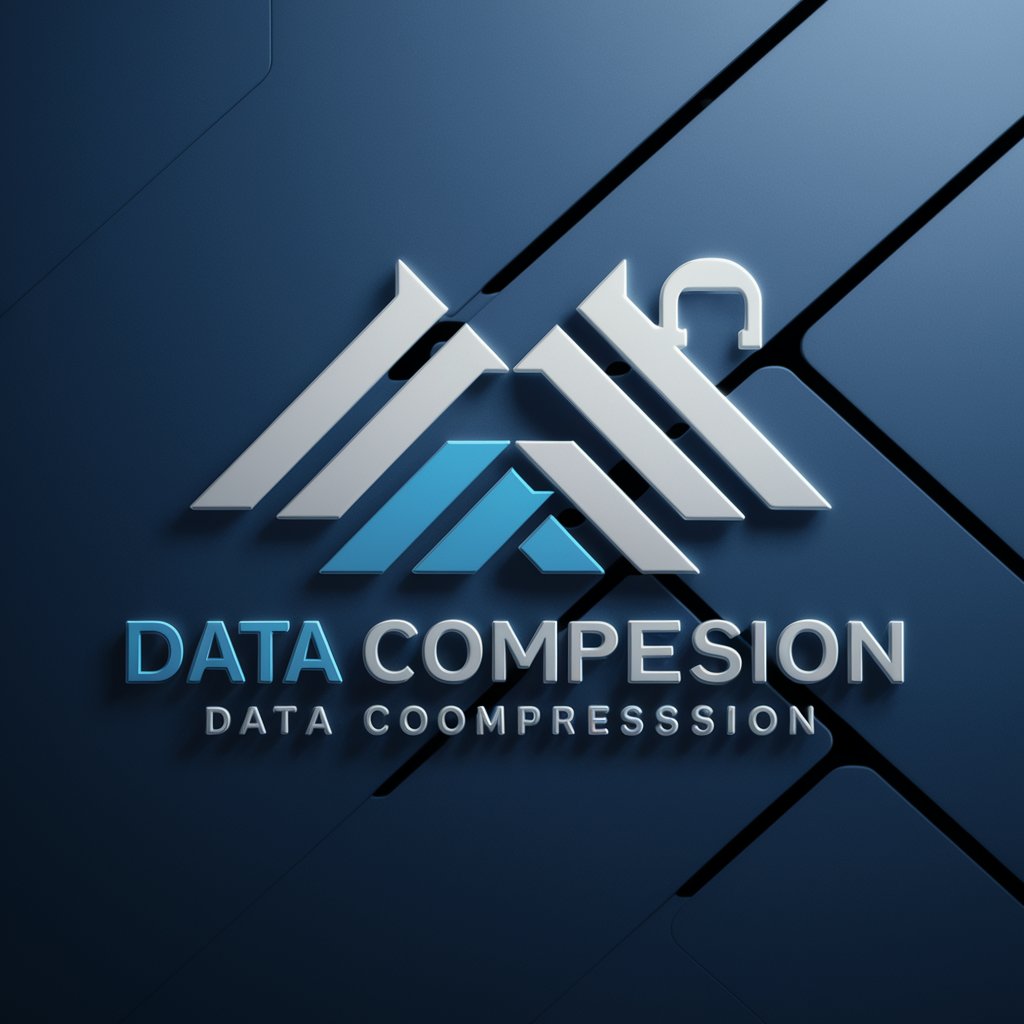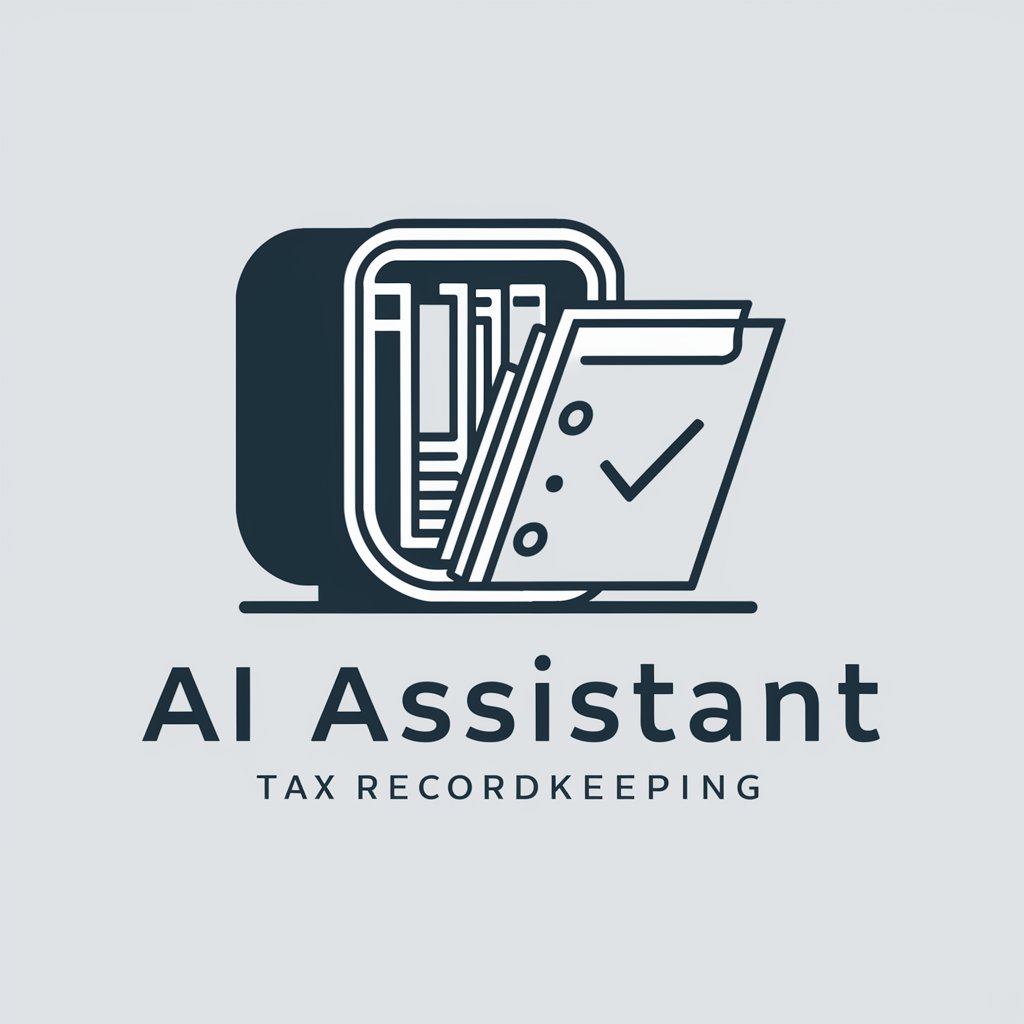9 GPTs for Cloud Storage Powered by AI for Free of 2026
AI GPTs for Cloud Storage are advanced tools designed to leverage the capabilities of Generative Pre-trained Transformers (GPTs) in the realm of cloud storage and management. These tools utilize AI to offer smart, efficient, and highly adaptable solutions for storing, managing, and analyzing data in the cloud. By incorporating GPT technology, they provide users with customized interactions, automate routine tasks, and generate insights from vast datasets, making cloud storage systems more intelligent and user-friendly.
Top 9 GPTs for Cloud Storage are: Firebase,Database Management Systems,AppwriteGPT,GCP and Workspace Expert,Computer Backup,電子帳簿保存法Q&A,AI-Powered Data Compression,Multi-Factor Authentication,Recordkeeping
Firebase
AI-powered platform for web & mobile apps

Database Management Systems
Elevate Data Management with AI

AppwriteGPT
Build apps smarter, faster, and secure.

GCP and Workspace Expert
Empowering Cloud Collaboration with AI

Computer Backup
Safeguard your data with AI-powered backup solutions.

電子帳簿保存法Q&A
Streamline your electronic record compliance

AI-Powered Data Compression
Revolutionizing data efficiency with AI.

Multi-Factor Authentication
Elevate security with AI-driven MFA.

Recordkeeping
AI-powered Tax Recordkeeping

Key Capabilities of AI GPTs in Cloud Storage
AI GPTs tools for Cloud Storage come with a unique set of features that include advanced data analysis for extracting meaningful insights from stored data, natural language processing for intuitive user interactions, and automation capabilities for streamlining data management tasks. They are capable of adapting to various cloud storage needs, from simple file storage solutions to complex data analysis projects. Special features may also encompass language learning for improved user assistance, technical support through conversational AI, web searching for data enrichment, and image creation for visual data management.
Who Can Benefit from AI GPTs in Cloud Storage
The primary beneficiaries of AI GPTs for Cloud Storage include novices seeking user-friendly cloud storage solutions, developers requiring advanced data management tools, and professionals in various sectors needing efficient data analysis capabilities. These tools are accessible to users without programming skills, offering simple interfaces and automated functionalities, while also providing customization options for those with technical expertise to tailor the tools to specific project needs.
Try Our other AI GPTs tools for Free
Motivational Encouragement
Discover AI GPT tools for Motivational Encouragement, designed to offer personalized support and strategies for achieving your goals. Tailored for individuals and professionals alike, these AI companions inspire progress and overcome challenges.
Chronic Illness Support
Discover how AI GPTs transform Chronic Illness Support with personalized advice, symptom tracking, and integration with healthcare systems, accessible to all.
Holiday Merchandising
Unlock the potential of your holiday merchandising with AI GPTs. Tailored solutions for dynamic market analysis, engaging content creation, and predictive insights to elevate your festive season strategies.
Promotional Items
Discover how AI GPTs for Promotional Items revolutionize marketing strategies with tailored, creative solutions for brand enhancement and engagement.
Service Enhancement
Elevate your service offerings with AI GPTs for Service Enhancement, leveraging intelligent, automated solutions for superior customer support and operational efficiency.
Symptom Monitoring
Explore AI GPT tools for efficient Symptom Monitoring, offering personalized health insights and predictions to enhance care and wellness.
Expanding Horizons with AI GPTs in Cloud Storage
AI GPTs serve as a bridge to more intelligent cloud storage solutions, offering user-friendly interfaces and seamless integration with existing systems. Their adaptability across different sectors highlights their potential to revolutionize data management practices, making them indispensable tools for businesses seeking to leverage the power of AI in cloud storage.
Frequently Asked Questions
What exactly are AI GPTs for Cloud Storage?
AI GPTs for Cloud Storage are artificial intelligence tools designed to enhance cloud storage systems with capabilities such as data analysis, natural language processing, and automation.
How can AI GPTs improve cloud storage management?
They streamline data management tasks, provide intuitive user interfaces, and offer advanced data analysis, making cloud storage systems more efficient and user-friendly.
Do I need coding skills to use AI GPTs for Cloud Storage?
No, these tools are designed to be accessible to users without coding skills, providing easy-to-use interfaces and automated functionalities.
Can developers customize AI GPTs tools for specific needs?
Yes, developers can access advanced customization options to tailor the tools to specific project requirements and integrate them with existing systems.
What unique features do AI GPTs offer for cloud storage?
Unique features include language learning for better user interaction, automated technical support, enhanced web searching capabilities, and the ability to generate images for visual data management.
How do AI GPTs analyze data within cloud storage?
They use advanced algorithms to process and analyze stored data, extracting valuable insights and facilitating data-driven decision-making.
Can AI GPTs tools integrate with all cloud storage platforms?
While they are designed to be highly adaptable, compatibility may vary. It is advisable to check specific tool capabilities and requirements for integration with your cloud storage platform.
Are AI GPTs for Cloud Storage secure?
These tools incorporate security measures to protect data. However, it's important to review their security features and ensure they align with your data protection standards.